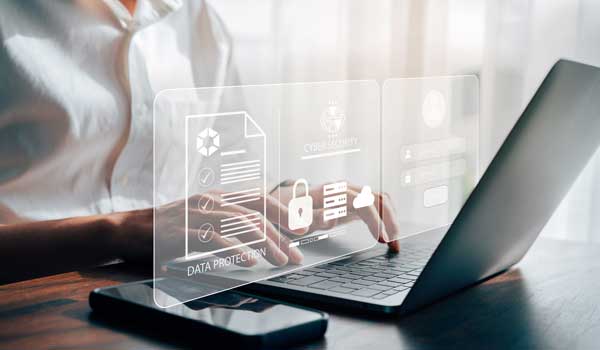The concept of “eco-responsibility” is a reference to the protection and maintaining of a sustainable environment. Society’s and the business sector’s growing need and interest in sustainability have made this a very relevant subject.
On 14 and 15 March we were present at Food Hotel Tech, the Paris fair dedicated to innovation in the hotel and restaurant sector. In addition to running a stand, we also had the opportunity to participate in one of the event’s conferences. Specifically, Maud Christophe (Director of Growth at Voxel), was one of the speakers at a session called “Technology at the service of eco-responsibility.”
Eco-responsibility and the restaurant sector
The talk began with data supplied by Food Hotel Tech:
- 56% of French citizens are willing to pay more to go to an eco-responsible restaurant (Étude Food Service Vision for Food Hôtel Tech, February 2023).
- 81% of French citizens expect a responsible approach by restaurant owners (Baromètre Max Havelaar/Opinion Way, November 2021).
The value of digitalization in eco-responsibility
As stated by Maud, “in general, when we speak of the eco-responsibility of a hotel or restaurant, we think of things that are visible to its customers. We are talking about saving in water consumption, avoid wasting food or purchasing proximity products. However, the digitalization of administrative processes also adds much value.”
Purchase orders, the receipt of goods, payments and invoices are examples of processes that are not normally so evident. Similarly, the consumption of 35 invoices, from drafting to sending paper copies or in PDF, equates to a refrigerator running all day. And we are only talking about the consumption of invoices. We are not including the time dedicated by a person in drafting, sending and filing the invoices. As well as the time invested by the person receiving, opening, reviewing, counting and paying them.
Another advantage of sending and receiving electronic invoices is that it avoids the physical travel and the greenhouse gas emissions associated with postal mail deliveries. Nevertheless, “the most notable environmental impact of digitalization is the paper savings”, adds Maud.
Conclusions
Companies are increasingly understanding that the present and future entails becoming more eco-responsible. And some companies are already working on this. At Voxel we calculate that the average hotel on our Bavel platform each month, saves the energy equivalent to the carbon footprint of a flight from Paris to Toulouse.
Relive the conference “Technology at the service of eco-responsibility” (in french):











